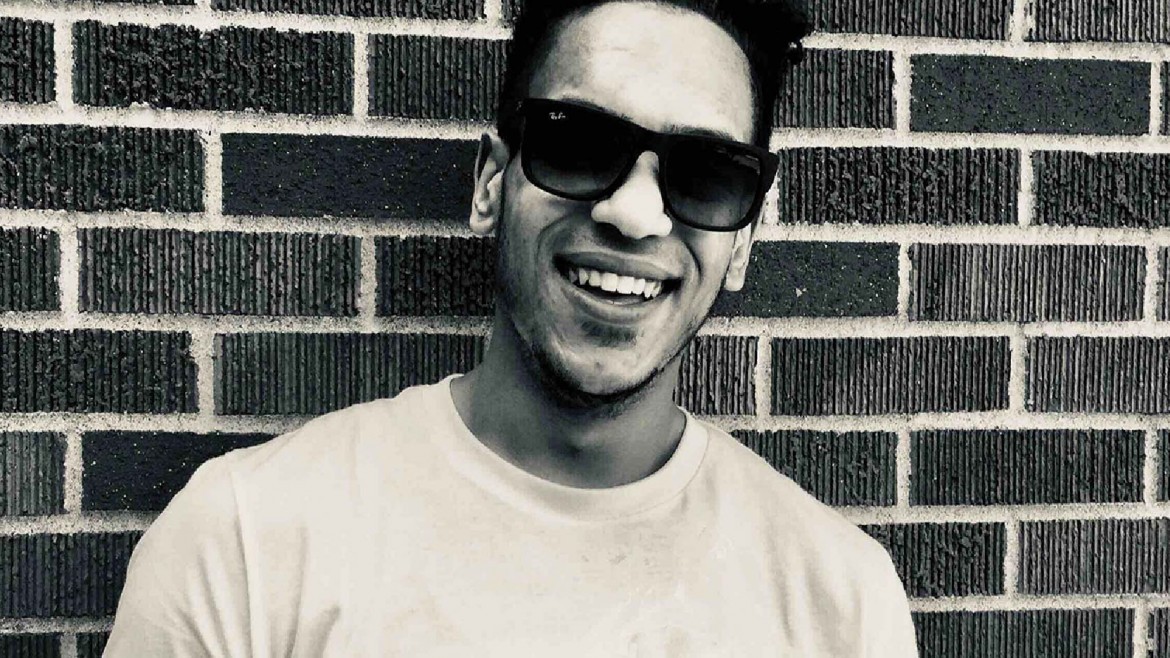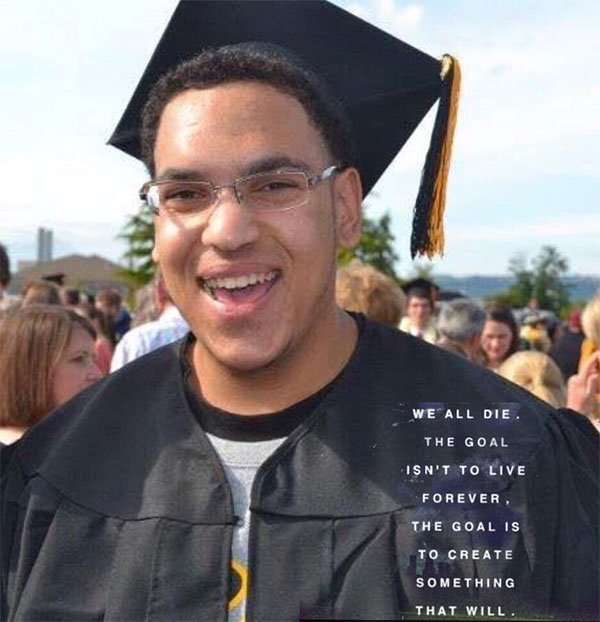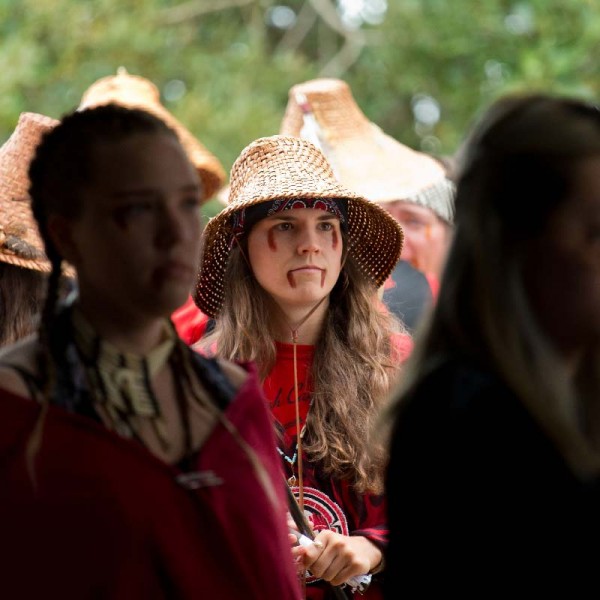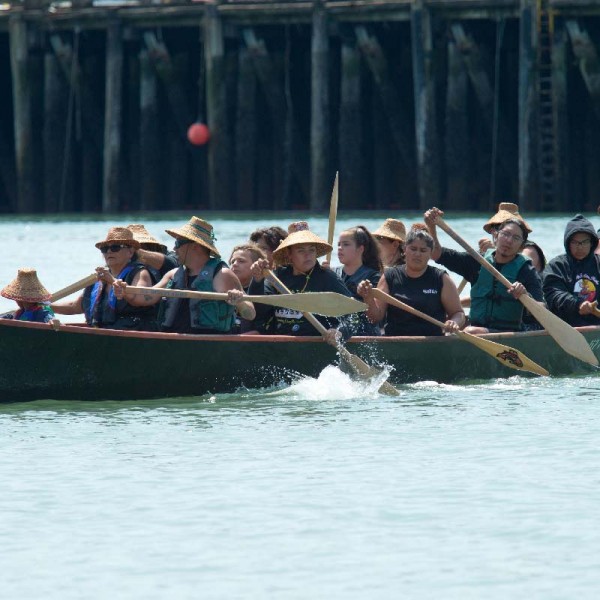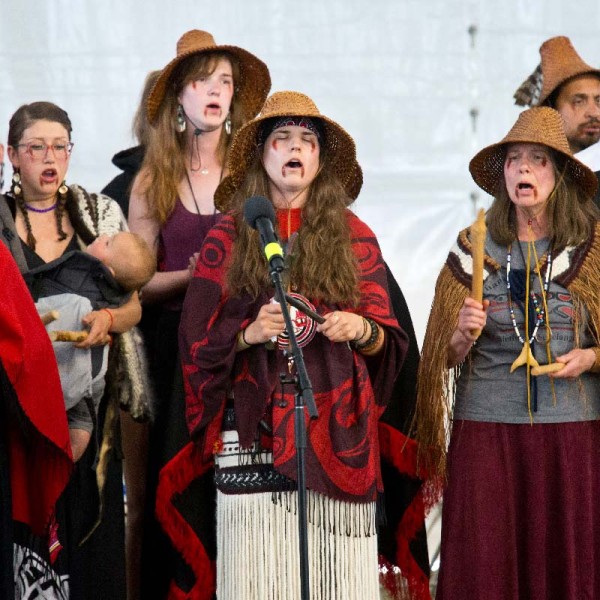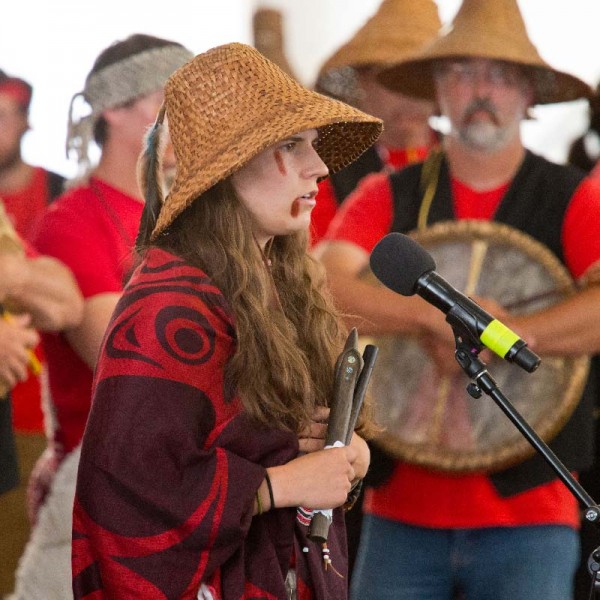Strong Link of Three
LUTHERAN HIGHER EDUCATION
Care
Panayotis (Panago) Horton ’12 tattooed a three-link chain on his forearm: one link each for himself, his mother and his brother. The family emigrated from Greece when he was just 2 years old. They were his rock.
And although the Pacific Lutheran University graduate suddenly lost his life in 2017, his family says the chain won’t be broken.
“The bond between us remains unmatched,” LeRoy Horton ’03 wrote in a tribute following his younger brother’s death due to complications from epilepsy and a subsequent infection at the hospital. “The three of us served as a tight-knit unit to survive life in a strange land.”
But ask anyone, and they’ll tell you Panago didn’t just survive in his new home. He helped make it better.
“He always liked to help people,” Georgia Horton said of her son. “He was a very, very good person.”
At the root of his advocacy was a passion for access to education for marginalized communities in Tacoma. After graduating from PLU, Panago joined AmeriCorps. He served at Tacoma’s Giaudrone and Jason Lee middle schools, his mother said. Both schools educate students from a diverse socioeconomic spectrum.
“He became really involved with the children,” Georgia said. “It broke his heart that some of the students wouldn’t have the school supplies they needed throughout the whole year. He always bought school supplies with his own money.”
The family drew from Panago’s passion for his memorial, requesting attendees donate school supplies and money for school lunches in lieu of flowers or gifts.
But they knew the giving couldn’t stop there.
“When you lose somebody, especially your child — your son, your daughter — you lose yourself,” Georgia said. “The biggest fear that a parent has when they lose a child is that their life was for nothing.”
So, to guarantee Panago’s lasting legacy, his family and friends came together to create a memorial foundation to help minority high-school students in Tacoma pay for college.
Panago’s Legacy Scholarship aims to help two or three students each year. Georgia said she’s working with the Tacoma-based program, Ready to Rise, to identify scholarship recipients.
The program is spearheaded by Degrees of Change, an organization that works to extend the reach of the Act Six initiative, which fully funded Panago’s education at PLU.
Awardees must embody Panago’s values, including a deep passion for social justice.
Tim Herron, Degrees of Change president, says Panago lived the Act Six mission, particularly after his time at PLU. He “poured his heart and energy into middle school kids” across the Hilltop neighborhood in Tacoma, Herron said.
“Panago embodied the Act Six mission of homegrown, service-minded leaders working together for equity and justice in their home communities,” Herron added.
Jonathan Jackson ’12, a fellow member of PLU’s first Act Six cadre who sits on the PLU Alumni Board, says Panago possessed an “others before self” mindset. His friend wasn’t always front and center, but rather would “lead from the middle.”
“You might not have known he was involved with something,” Jackson said. “But he was there shaking things up and making things happen.”
Panago fought for social justice, participating in protests against police brutality. Jackson acknowledged that he and his friend navigated difficult realities together at PLU, a white-dominated space where they dealt with micro-aggressions from members of the community throughout their educational experience. Still, he says Panago was quick to listen to many perspectives.
Angela Pierce ’12, another fellow Act Six scholar from the cadre, says Panago approached everything — at PLU and beyond — with quiet reflection. He put school and family first.
Jackson and Pierce are both involved with the rollout of the scholarships. But they play a supportive role, letting the family take the lead.
Panago’s life after PLU was one of self-discovery. The biology major opted to veer from his original plan to become a dentist. In his final months, he decided to pursue law school and was preparing to take the LSAT.
He was there shaking things up and making things happen.
- Jonathan Jackson '12
Panago embraced healthy living, spending time at the gym and dropping weight. Despite his best efforts, his health took a turn in 2013. That’s when he experienced his first seizure, his mother said, the first in a years-long battle with epilepsy.
He started taking medication, but finding specialists and other resources was challenging.
Epilepsy is the fourth most common neurological disorder, according to the Epilepsy Foundation. The chronic disorder, characterized by unpredictable seizures, doesn’t frequently lead to death. But it can cause other health problems — and public perception of people with epilepsy often creates bigger problems than the actual seizures.
Panago started having more frequent seizures around Christmas 2016. It wasn’t until July that he was able to schedule an appointment with a neurologist. The appointment was scheduled for September, just a few weeks following Panago’s last seizure Aug. 14.
“We were unprepared,” Georgia said. “The cards were stacked against him.”
Georgia hopes her son’s story will raise awareness about epilepsy.
Panago’s loved ones embraced his fighting spirit during his final days, which were spent in an induced coma. “We did our best to fight for him because we knew he always did and would fight for us,” his brother wrote in his tribute.
They continue to fight each day, with his memory lingering in all they do — from online fundraisers for the Epilepsy Foundation to marches for equal rights.
“We can keep Panayotis Alexandros Horton in our world by thinking and speaking our memories as long as we live,” his brother wrote.
That’s how his family ensures their three-linked chain will never break, and — in Panago’s words — will carry on:
“I am from a strong link of three,” Panago wrote in his “I Am” poem, in a PLU class. “From a chain that continues to grow.”


